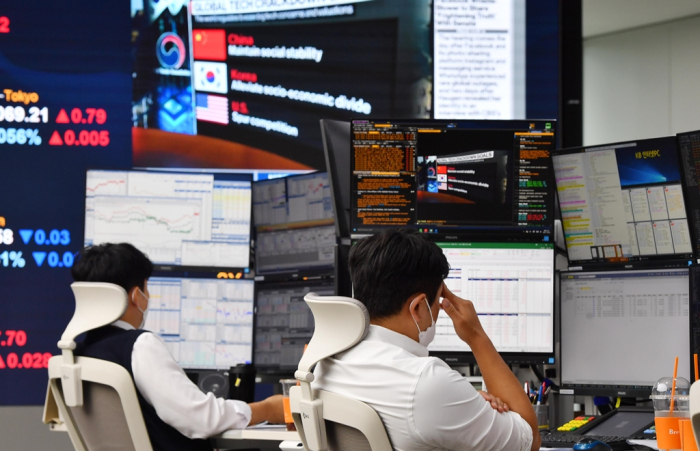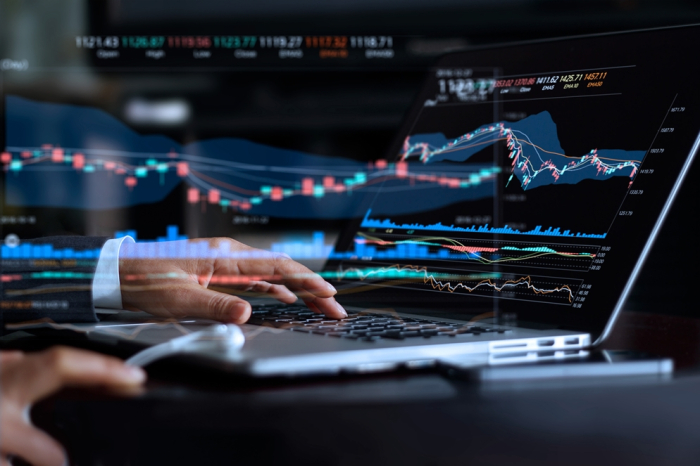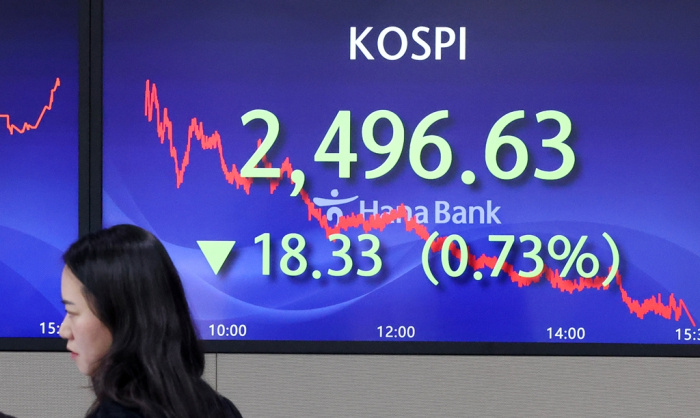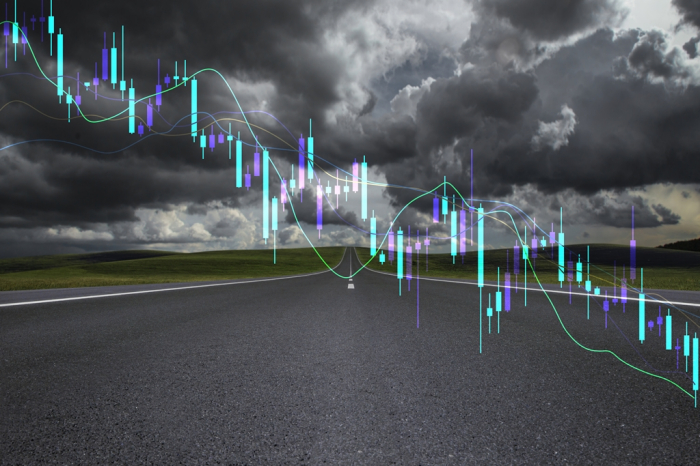Korean stock market
Korean ELS investors biting nails over sharp falls in Hong Kong shares
Market jitters are rising as the FSS is investigating Kookmin Bank, Korea’s top HSCEI-linked ELS seller
By Nov 24, 2023 (Gmt+09:00)
3
Min read
Most Read
LG Chem to sell water filter business to Glenwood PE for $692 million


KT&G eyes overseas M&A after rejecting activist fund's offer


Kyobo Life poised to buy Japan’s SBI Group-owned savings bank


StockX in merger talks with Naver’s online reseller Kream


Meritz backs half of ex-manager’s $210 mn hedge fund



Chinese shares listed on the Hong Kong bourse have fallen sharply so far this year, placing the city’s main stock index, the HSCEI, among the world’s worst-performing gauges.
With little hope for a meaningful rebound in H-shares next year, South Korea’s retail investors, particularly those who have bought into equity-linked securities (ELS) tracking the HSCEI, or the Hang Seng China Enterprises Index, are facing collateral damage from its significant descent.
The HSCEI has more than halved to 6,060.02 points as of Friday from a high of 12,106.77 on Feb. 19, 2021.
ELS are derivative products, the returns of which are determined based on the performance of underlying assets such as a stock index or individual shares.
ELS investors are entitled to promised returns if the underlying asset’s price stays above a certain level, or knock-in level, until maturity, usually three years.
However, if the price of underlying assets falls below the knock-in level, usually 50% of the price at the time of the ELS purchase, investors are asked to accept the entire losses incurred.

According to data lawmaker Yoon Han-hong of the ruling People Power Party obtained from the Financial Supervisory Service (FSS), HSCEI-linked ELS products sold in Korea reached 20.5 trillion won ($15.7 billion) as of the end of June.
Of the total, 15.67 trillion won, or 76.4%, were sold through banks.
KB Kookmin Bank was the top seller with 8.2 trillion won worth of such ELS products outstanding, followed by Shinhan Bank (2.37 trillion won), NongHyup Bank (2.13 trillion won), Hana Bank (2.12 trillion won) and Woori Bank (41.4 billion won).
Most of the products were sold before the Hong Kong index’s decline, raising concerns about huge principal losses if H-shares fall further from the current level.
The FSS data show that 4.93 trillion won worth of ELS products sold by KB Kookmin Bank have reached the knock-in level. Of the amount, some 4.64 trillion won worth are set to expire during the first half of next year.
Overall, 8.2 trillion won in HSCEI-linked ELS products sold by Korean banks will mature by the end of the first half of next year.

KOOKMIN BANK UNDER INVESTIGATION
As ELS products tracking the H-share Index face large-scale losses, Korea’s financial authorities have begun looking into the situation.
Industry sources said on Friday the FSS earlier this week began on-site investigations into KB Kookmin Bank, the largest seller of such ELS products in Korea, to see if such financial products were sold to investors without a full explanation of potential risks.
The financial watchdog is expected to launch an official probe into the case if losses are realized with the expiration of the ELS products next year, sources said.
Following an incident in 2019 when banks’ derivative-linked funds (DLFs) tracking foreign interest rates caused huge losses, the authorities prohibited banks from selling high-risk derivatives exceeding their limits.

KB Kookmin Bank, largely unscathed from the 2019 DLF incident, was allowed to sell 18 trillion won worth of ELS products – the largest amount among the five major banks.
Room for the sale of ELS products for four other banks at the time was 9 trillion won each for Shinhan and Hana, 7 trillion won for Woori and 4 trillion won for NongHyup.
While KB Kookmin Bank sold ELS products with a knock-in option, most other banks sold “non-knock-in” products, meaning investors can receive both the principal and the interest at maturity unless the underlying assets plummet as much as 65% or more.
Regarding the outlook for Chinese stocks listed on the Hong Kong exchange, industry officials said pessimism abounds as the sluggish economic recovery, the weakening yuan and tensions with the US give investors little reason to buy.
Write to Bo-Hyung Kim at kph21c@hankyung.com
In-Soo Nam edited this article.
More to Read
-
 The KED ViewWindfall tax on Korean banks to create quintuple burden
The KED ViewWindfall tax on Korean banks to create quintuple burdenNov 16, 2023 (Gmt+09:00)
4 Min read -
 Banking & FinanceKorean banks go digital in Southeast Asia for non-interest gains
Banking & FinanceKorean banks go digital in Southeast Asia for non-interest gainsOct 05, 2023 (Gmt+09:00)
2 Min read -
 Banking & FinanceKorean banks' earnings hit hard by unpaid debts, rate hikes
Banking & FinanceKorean banks' earnings hit hard by unpaid debts, rate hikesAug 28, 2023 (Gmt+09:00)
2 Min read -
 FintechSamsung, 4 Korean banks to foster financial software engineers
FintechSamsung, 4 Korean banks to foster financial software engineersJun 27, 2023 (Gmt+09:00)
1 Min read -
 Korean stock marketKorean investors’ risky bet: Buy inverse ETFs as Kospi heads higher
Korean stock marketKorean investors’ risky bet: Buy inverse ETFs as Kospi heads higherJun 05, 2023 (Gmt+09:00)
3 Min read -
 Banking & FinanceKorean online banks’ disruptive business model: Woo low-credit borrowers
Banking & FinanceKorean online banks’ disruptive business model: Woo low-credit borrowersMar 22, 2022 (Gmt+09:00)
3 Min read
Comment 0
LOG IN


